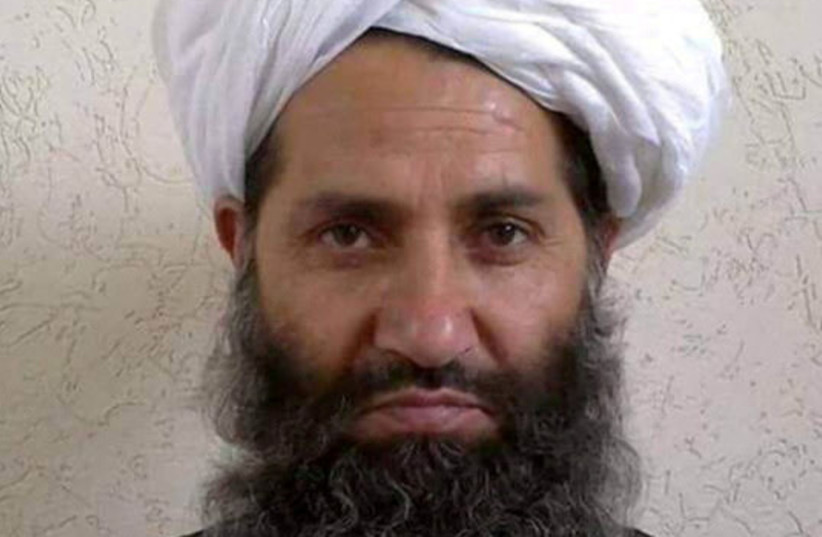A Taliban-run gathering of thousands of male religious and ethnic leaders ended on Saturday by asking foreign governments to formally recognize their administration, but made no signals of changes on international demands such as the opening of girls' high schools.
The Afghan economy has plunged into crisis as Western governments have withdrawn funding and strictly enforced sanctions, saying the Taliban government needs to change course on human rights, especially those of women.
"We ask regional and international countries, especially Islamic countries…to recognize the Islamic Emirate of Afghanistan...release all sanctions, unfreeze (central bank) funds and support in development of Afghanistan," the gathering's participants said in a statement, using the group's name for their government, which has not been formally recognized by any country.
"We ask regional and international countries, especially Islamic countries…to recognize the Islamic Emirate of Afghanistan"
The Taliban
The group's reclusive leader joined the three-day gathering of more than 4,000 men on Friday, and delivered a speech in which he congratulated the participants on the Taliban's victory and underlined the country's independence.

Women's education in Taliban-run Afghanistan
The Taliban went back on an announcement that all schools would open in March, leaving many girls who had turned up at their high schools in tears and drawing criticism from Western governments.
In speeches broadcast on state-run television, a small number of participants brought up girls' and women's education. The Taliban's deputy leader and interior minister, Sirajuddin Haqqani, said the world had demanded inclusive government and education and these issues would take time.
But the group's supreme leader, Haibatullah Akhundzada, who is normally based in the southern city of Kandahar and rarely appears in public, said foreigners should not give orders.
Islamic State attacks in Afghanistan
The gathering's final statement said defense of the Islamic Emirate was obligatory and that the Islamic State militant group, which has said it was behind several attacks in the country, was illegal.
It said it would not interfere with neighboring countries and they should not interfere in Afghanistan.
